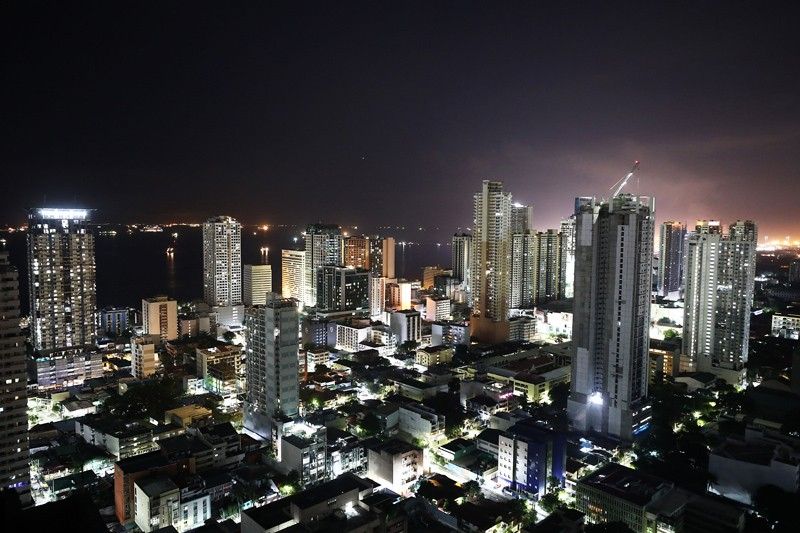Philippines growth forecast cut as COVID-19 cases surge

MANILA, Philippines — British banking giant HSBC trimmed anew its 2020 gross domestic product (GDP) growth projection for the Philippines to 6.3 percent from the original target of 6.5 percent as the government struggles to contain the rising number of COVID-19 cases.
In a report, HSBC economist Noelan Arbis said the Philippines’ growth outlook took a turn for the worse as this month’s COVID-19 cases reached the highest level in over six months.
“Recent developments greatly impede the economy’s path to recovery. We recently reduced our real GDP growth forecast for 2021 to 6.3 percent from 6.5 percent, implying the economy won’t be back to its pre-pandemic levels until end-2022,” Arbis said.
Arbis said the number of COVID-19 cases in the Philippines has risen substantially since the beginning of March while the “winter surge” has ebbed in other parts of Asia.
In response, the government has reimposed lockdown measures in targeted areas in the National Capital Region including a two-week curfew from 10 p.m. to 5 a.m. The NCR accounts for nearly 40 percent of the country’s GDP.
According to HSBC, the average mobility in the Philippines is the lowest across the Asia Pacific region.
Arbis also said the renewed lockdowns are likely to keep a lid on private consumption and fixed investments, which are the economy’s main growth drivers.
The Philippines slipped into recession with a record GDP contraction of 9.5 percent last year, ending 21 years of positive growth.
Economic managers are looking at a rebound with a GDP growth of 6.5 to 7.5 percent this year and 8.5 to 10 percent next year.
“Despite ongoing challenges to the economy, we believe the BSP is limited in its ability to provide additional monetary support,” Arbis said.
The economist said inflation would likely stay elevated for the remainder of the year after breaching the BSP’s two to four percent target when it accelerated for the fifth straight month to a fresh two-year high of 4.7 percent in February.
“Meanwhile, the real policy interest rate is already at its lowest on record and is likely to decline further in the months ahead. Despite this, bank lending has declined on a year-on-year basis for the first time since the global financial crisis, ‘’ Arbis said.
Latest data from the central bank showed bank lending contracted for the second straight month at 2.4 percent in January as banks remained risk adverse and due to the lack of demand amid the uncertainties brought about by the pandemic.
“These facts suggest that additional rate cuts are neither necessary nor effective at the current juncture,” Arbis said.
- Latest
- Trending





























